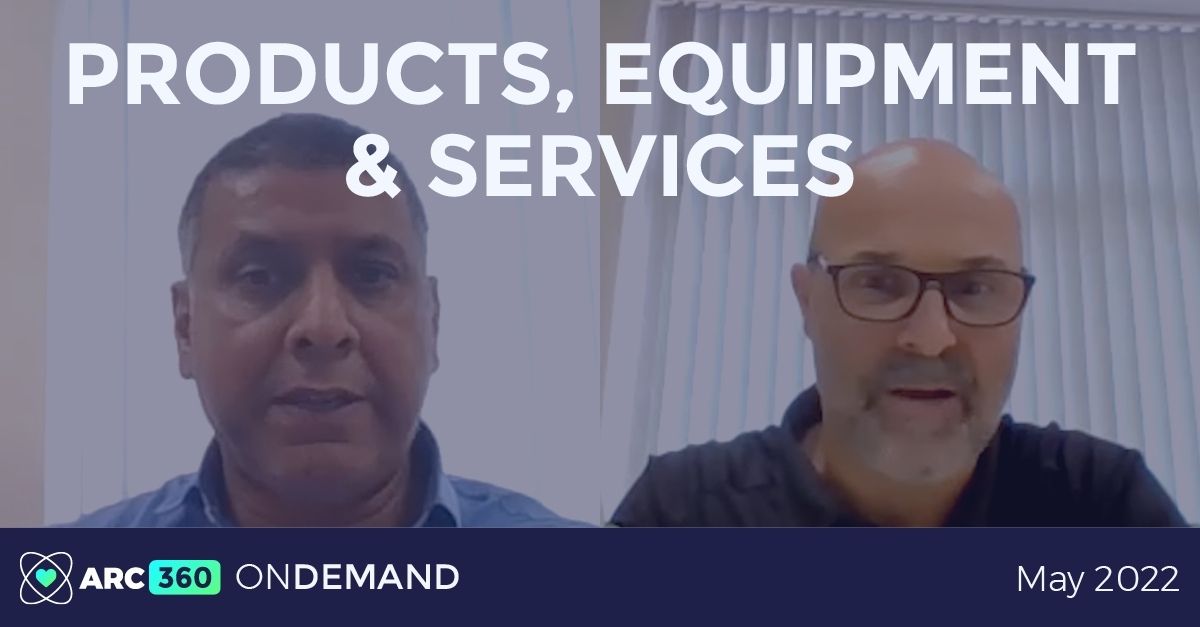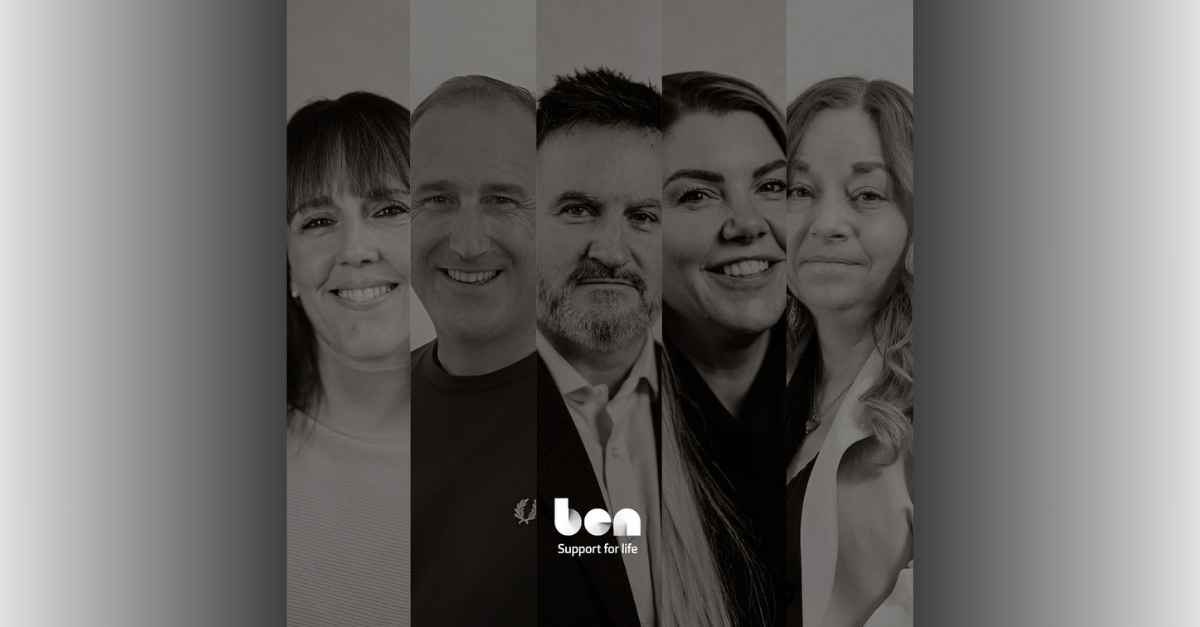The latest ARC360 webinARC centred on the broad remit of products, equipment and services, considering how each is being impacted by post-pandemic demands, supply shortages and rising inflationary costs.
Taking part in the on-demand session were two of the UK’s biggest repair operations represented by Peter Randhawa, General Manager at Steer Automotive Group, and Dave Sargeant, Managing Director at Gemini Accident Repair Centres.
Equipment
Overseeing large and growing multi-site operations, when discussing equipment both identified mobility, and specifically the access to courtesy cars, as the single greatest issue.
Peter said, “For me, equipment includes courtesy cars and that’s one of our biggest headaches at the moment. The business is growing and while you do inherit courtesy cars from the acquired business, we are still running a hybrid system where we own some of our cars, lease some of our cars and then use Enterprise as a back-up service. But when the cars are due back there’s nowhere to get replacements. We’re trying to do deals with our current suppliers to extend usage, but it’s not easy.”
He continued, “I’d hazard a guess that we’ve got somewhere in the region of 1,000 courtesy cars and the idea is to consolidate them, but these things take time so mobility is the biggest thing we as a group are facing.”
Dave agreed that it is a challenge, and suggested that it has actually been exacerbated by the technology built into modern cars making so many of them undriveable when something goes wrong.
“Around 40% of the cars we get are immobile now,” he explained, “but you can’t get more courtesy cars to cover that increase – and because of our size we need a lot of them. I think now that the whole mobility solution needs to be looked at. Insurers need to see if there’s a better way of doing things other than bringing cars on site and putting customers in courtesy car unnecessarily. That’s not the way forward.”
Services
Another area under strain is service – with a growing gap between the service expected and the service that can practically be delivered.
Peter suggested that both the end-customer, the driver, and often suppliers are demanding service levels comparable to pre-pandemic and do not appreciate that the repair industry is still rebuilding.
He said, “Customer expectation is very high, but our industry is still recovering from the pandemic, so there is very much an imbalance between what we can deliver and what is being asked of us. In terms of suppliers, we need of a bit of tolerance when it comes to service level agreements and repair times. We’ll get through all this much quicker if we understand and support each other.”
Parts
Alongside staffing issues, the most obvious factor impacting service is parts supply, which Peter says has increased from two to three days before the pandemic to seven to eight days now. He says that while this is manageable, it does bring higher overhead costs while also dramatically affecting returns policies.
He explained, “If I’m buying parts now I’m booking two weeks ahead, so if that job is cancelled or anything interrupts the flow of it or we find additional damage which changes the basket of parts we need, it’s too late, we’ll have fallen out of our returns policy. That’s one issue. The other issue is payment. If you have 30-day payment terms you may be paying for those parts even before the job has arrived on site. With cashflow being what it is, that’s not workable.”
He called for more cohesion and collaboration between repairers, supplier and insurers, and while Dave agreed that greater cooperation is critical he also suggested that bodyshops could be more proactive themselves in finding solutions. He said that while suppliers and distributors were able to raise prices upstream, repairers sometimes saw themselves as the dam at the end of the river.
“But we can do something about that,” he said. “We can take a different route. We can ask if all the links in the chain are efficient and if they add value, and if they don’t then we can take them out and go direct.”
Innovation
It’s that level of innovative thinking that is required throughout the business at the moment, as costs continue to steeple and the challenges around staffing, supply and service persist. However, single, catch-all solutions do not exist and instead the way through this appears to be by taking many steps with marginal gains.
Dave highlighted just one that has been yielding rewards for a decade – rewards which continue to mount as energy costs rise.
“We’ve been roll priming for the past 10 years,” he explained. “We never put a car in the spraybooth to primer it and bake it. Why would you do that? It’s beyond me. It costs us 67p to roll prime a car compared to £8 to put it in the spraybooth. That adds up over a month.”
He believes there are many such gains available to bodyshop managers who take the time to go over all their processes, and encourages them to take the same approach with suppliers.
He said, “We need more product innovation, so you have to ask them if they have anything new, if there is anything better you could be using that could make you more efficient. If you don’t ask, you’ll never know.”
Meanwhile, Peter explained that innovation must not just been consigned to products, but entire ways of working. As one of the fastest growing groups in the industry – if not the fastest – he said that the level of inefficiency he’s discovered in back-office functionality is alarming.
He said, “I’d like to see less double-entry, where systems aren’t talking to each other. We probably run seven portals and two or three platforms, and not one talks to the other. This really needs to improve; duplication must be something of the past, not the future.”

















